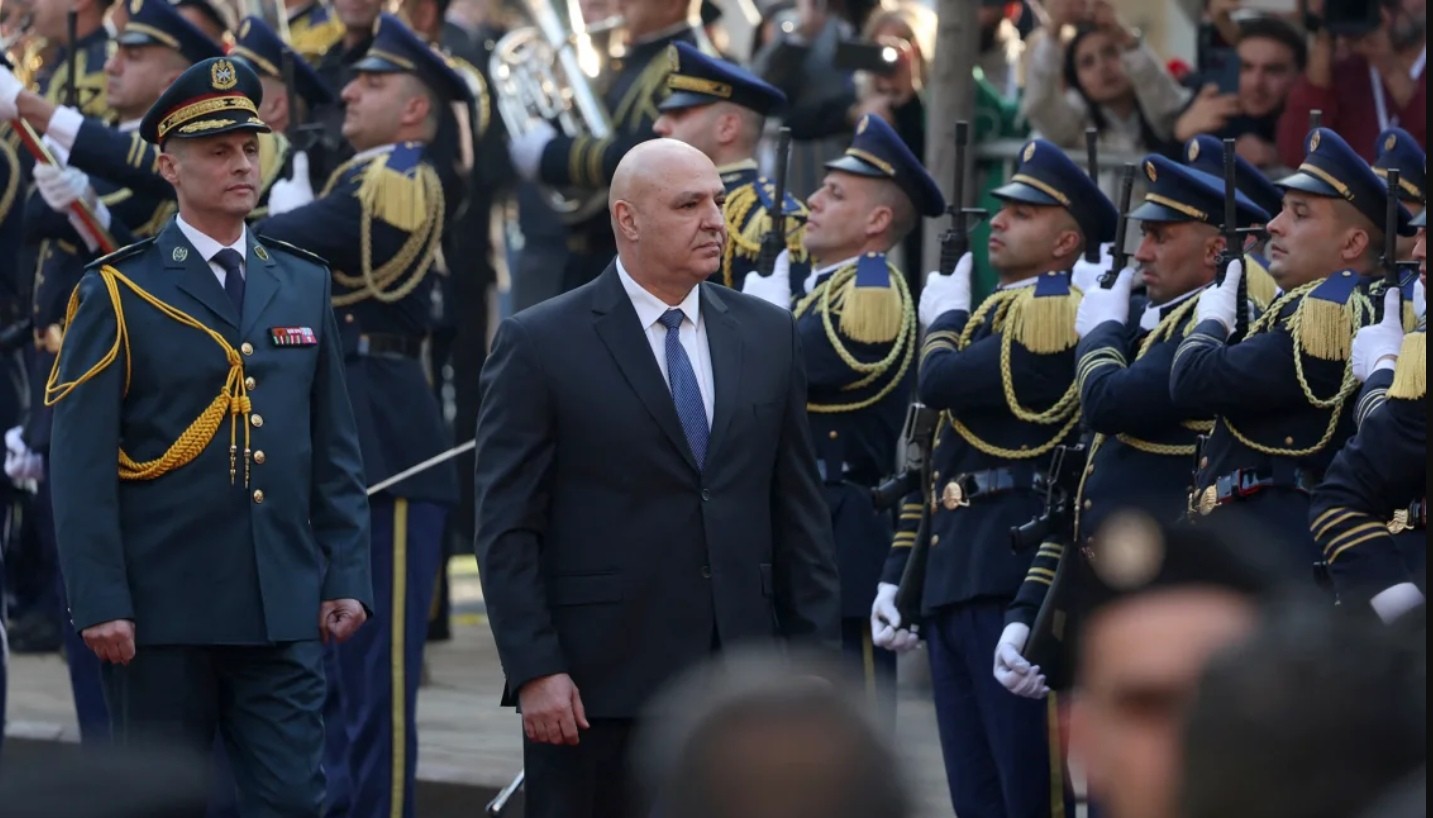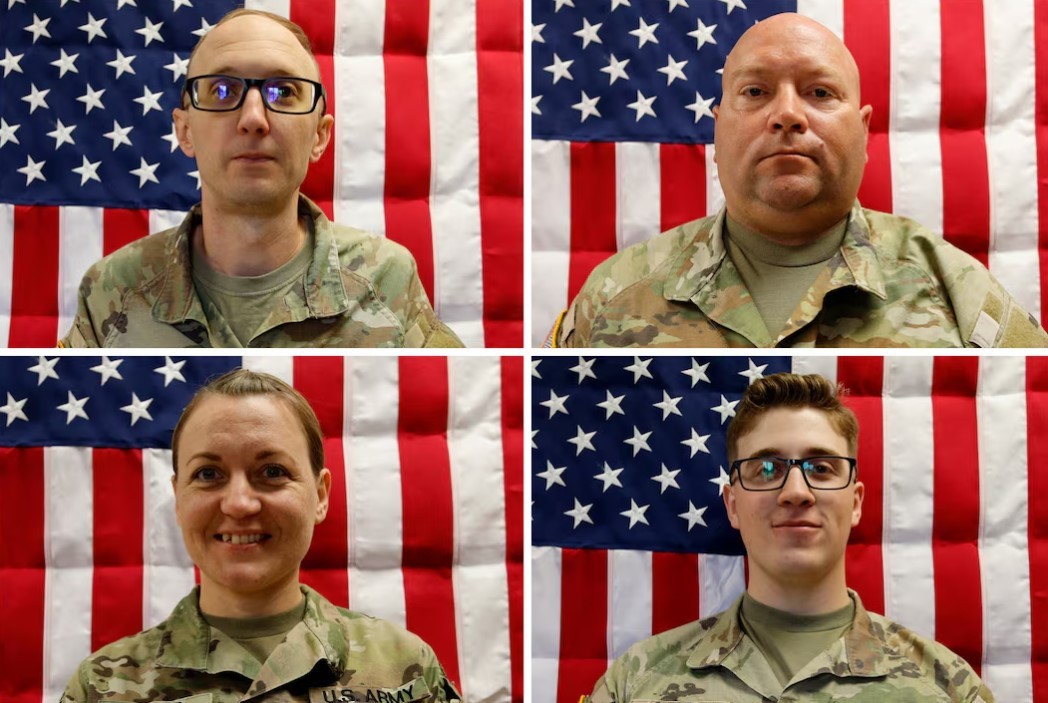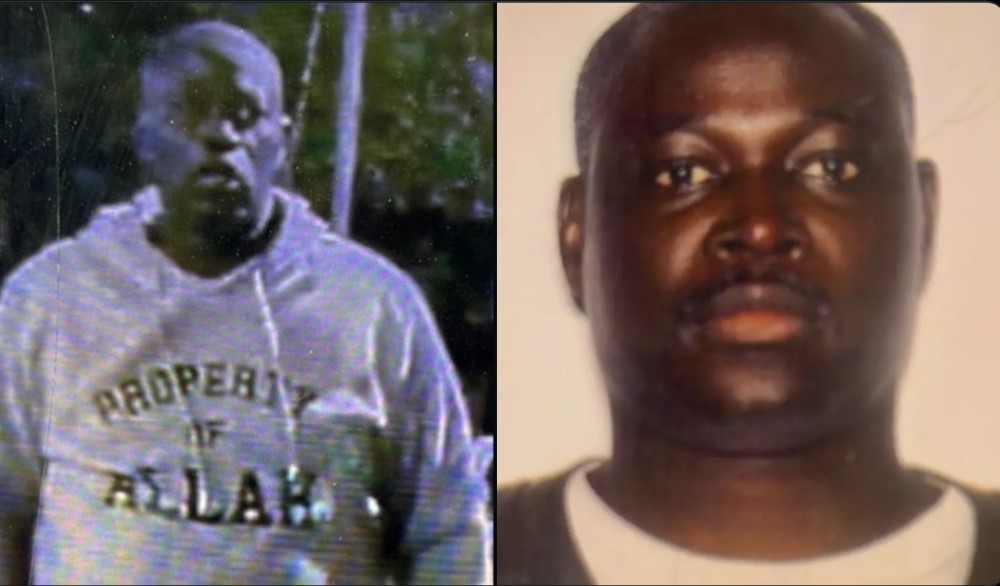Who is Frances H. Arnold - Biography, Life and Career
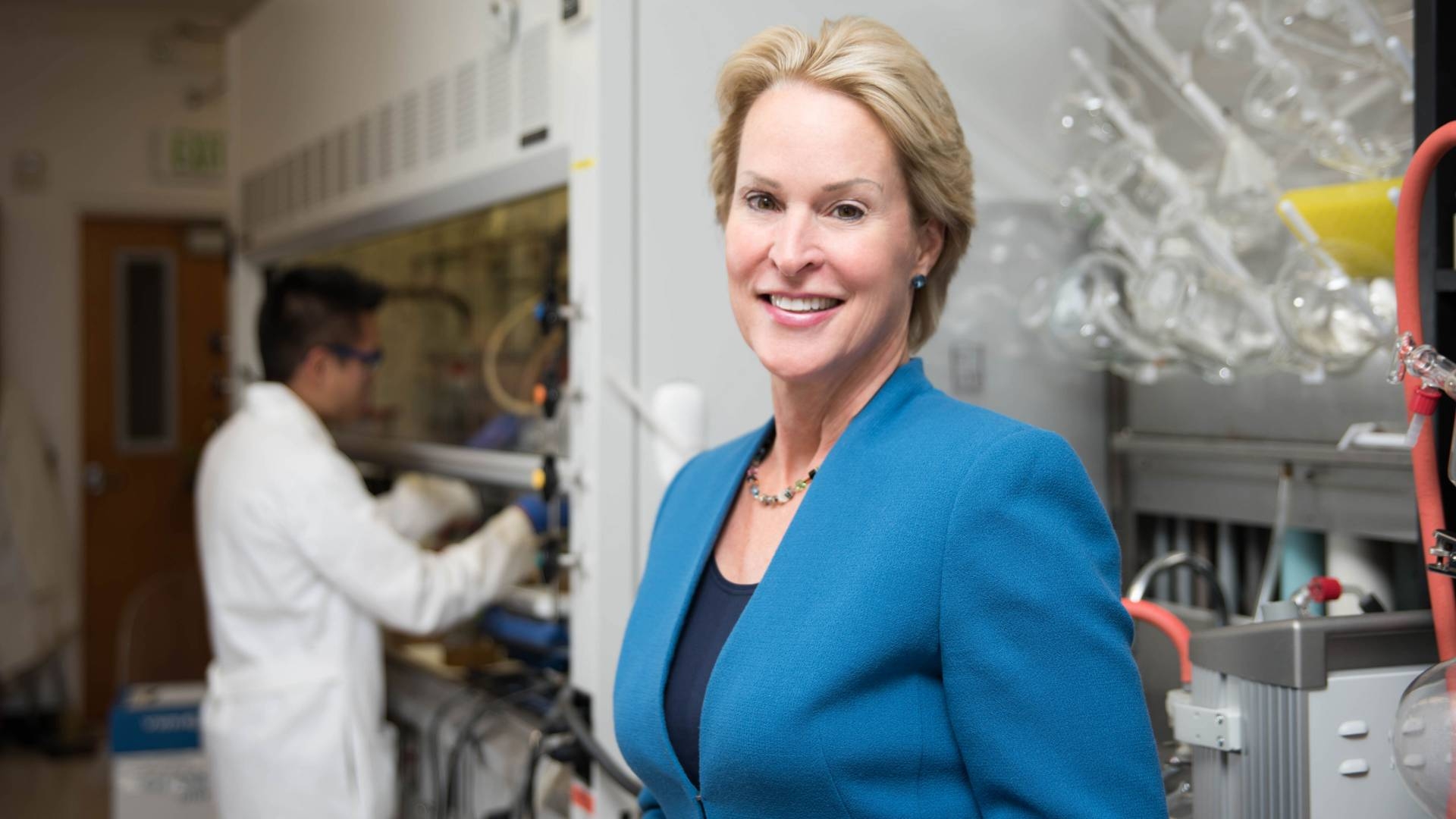 |
| Frances H. Arnold. Photo: princeton.edu |
Who is Frances Arnold?
Frances Arnold, in full Frances Hamilton Arnold, (born July 25, 1956, Pittsburgh, Pennsylvania), is an American chemical engineer and Nobel Laureate. She is the Linus Pauling Professor of Chemical Engineering, Bioengineering, and Biochemistry at the California Institute of Technology (Caltech). In 2018, she was awarded the Nobel Prize in Chemistry for pioneering the use of directed evolution to engineer enzymes.
Early life and education
Born in Pittsburgh in 1956, Frances Arnold was the third of five children in a suburban family.
Arnold is the daughter of Josephine Inman (née Routheau) and nuclear physicist William Howard Arnold, and the granddaughter of Lieutenant General William Howard Arnold. She grew up in Pittsburgh suburb Edgewood, and Pittsburgh neighborhoods of Shadyside and Squirrel Hill, graduating from the city's Taylor Allderdice High School in 1974. As a high schooler, she hitchhiked to Washington, D.C. to protest the Vietnam War and lived on her own working as a cocktail waitress at a local jazz club and a cab driver, according to the Nobel prize.
She studied mechanical and aerospace engineering at Princeton University. She then continued her studies at the University of California, Berkeley, where she earned a doctorate in chemical engineering in 1985. She has subsequently worked at the California Institute of Technology. She became interested in energy technology early and formed a company in 2005 to produce renewable fuels.
According to Britannica, Arnold received a bachelor’s degree in mechanical and aerospace engineering from Princeton University in 1979 and a doctorate in chemical engineering from the University of California at Berkeley in 1985. She spent a year as a postdoctoral fellow at Berkeley before arriving at the California Institute of Technology (Caltech) as a visiting associate. She became an assistant professor in 1987, an associate professor in 1992, and finally a full professor in 1996.
Personal life
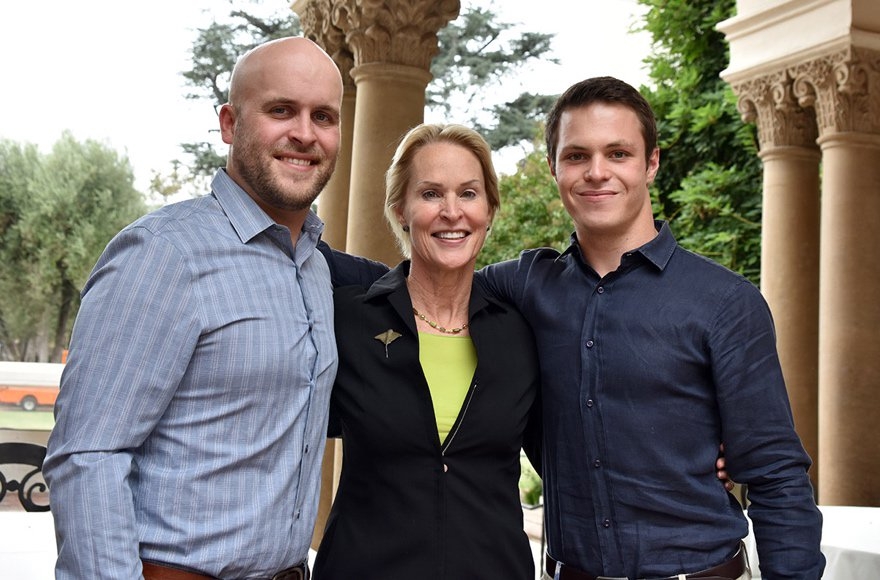 |
| Arnold and her sons. Photo: Twitter |
Throughout the years of her greatest achievements, Dr. Arnold endured more than her share of personal challenges. Her marriage to fellow biochemical engineer James E. Bailey did not last, and Arnold went on to start a family with a Caltech colleague, astrophysicist Andrew Lange, in 1994.
They had two sons, William and Joseph. Arnold and Lange raised all three of her sons together. James E. Bailey died of cancer in 2001. Arnold herself survived a 2005 diagnosis of breast cancer, but more heartbreak lay ahead. Arnold and Andrew Lange were separated at the time of his death, a possible suicide, in 2010. Their son William died in an accident in 2016, reported achievement.org.
| Despite these tragedies, she pursues an intense schedule of research, travel, lecturing, and mentoring younger colleagues. She directs the Rosen Bioengineering Center at Caltech and lives in the nearby foothill community of La Cañada Flintridge, close to her surviving sons, James and Joseph. Physically active and adventurous, Dr. Arnold’s hobbies include skiing, scuba diving, and dirt-biking. |
Career
Research
Evolution – the adaption of species to different Environments – has created an enormous diversity of life. Frances Arnold has used the same principles – genetic change and selection – to develop proteins that solve humankind’s chemical problems. In 1993, Arnold conducted the first directed evolution of enzymes, which are proteins that catalyze chemical reactions. The uses of her results include more environmentally friendly manufacturing of chemical substances, such as pharmaceuticals, and the production of renewable fuels.
According to scientificwomen, Arnold pioneered the use of directed evolution to design enzymes (molecules that catalyze, or speed up chemical reactions) that perform novel functions and/or work more effectively or efficiently than natural enzymes. In nature, evolution by natural selection can lead to proteins (including enzymes) well-suited to carry out biological tasks, but natural selection can only act on existing sequence variations (mutations) and typically occurs over long time periods. Arnold speeds up the process by introducing mutations in the underlying sequences of proteins; she then tests these mutations’ effects. If a mutation improves the protein's function she can keep iterating the process to optimize it further. This strategy has broad implications because it can be used to design proteins for a wide variety of applications. For example, she has used directed evolution to design enzymes that can be used to produce renewable fuels and pharmaceutical compounds with less harm to the environment.
One advantage of directed evolution is that the mutations don't have to be completely random; instead, they can be random enough to discover unexplored potential, but not so random as to be inefficient. The number of possible mutation combinations is astronomical, but instead of just randomly trying to test as many as possible, Arnold integrates her knowledge of biochemistry to narrow down the options, focusing on introducing mutations in areas of the protein that are likely to have the most positive effect on activity and avoiding areas in which mutations would likely be, at best, neutral and at worst, detrimental (such as disrupting proper protein folding).
Arnold and her coworkers extended the technique of directed enzyme evolution to change enzymes for reactions that no enzyme had catalyzed before. They also evolved enzymes to make substances with bonds that do not occur in biologies, such as bonds between carbon and silicon and carbon and boron.
Honors and awards
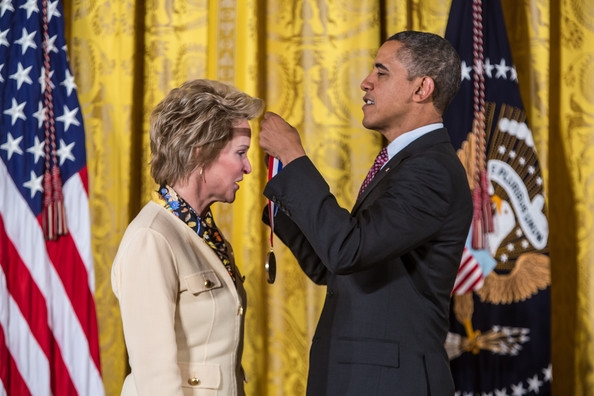 |
| Photo: zimbio.com |
To date, Frances Arnold is credited with 40 patents and over 200 publications. Her work has been honored with a slew of awards, including the Charles Stark Draper Prize and the National Medal of Technology. In 2014, she was inducted into the Inventors’ Hall of Fame.
In 2017, Frances Arnold was named the Linus Pauling Professor of Chemical Engineering, Bioengineering, and Biochemistry at Caltech. In 2018, she received the Nobel Prize in Chemistry. At the time, only 17 women had won Nobel Prizes in the sciences, and only five women had received the chemistry prize in the 117 years of its existence. Frances Arnold is the first American woman to receive the Nobel Prize in Chemistry.
Frances Arnold Quotes
"To survive and even thrive in a changing world, nature offers another great lesson: the survivors are those who at the least adapt to change, or even better learn to benefit from change and grow intellectually and personally. That means careful listening and constant learning."
"Give up the thought that you have control. You don't. The best you can do is adapt, anticipate, be flexible, sense the environment, and respond."
"We've been modifying the biological world at the level of DNA for thousands of years. Somehow there is this new fear of what we already have been doing and that fear has limited our ability to provide real solutions."
"We've been modifying the biological world at the level of DNA for thousands of years. Somehow there is this new fear of what we already have been doing and that fear has limited our ability to provide real solutions."
"The fuel for evolution is diversity, with natural selection leading to continuous adaptations and improvements in Nature's handiwork."
"There are a lot of brilliant women in chemistry, a little later than some of the men, but they are amazing."
"Life is not a piece of cake, and it certainly is not for many of the people I know."
AwardsNobel Prize in Chemistry (2018) Elected an International Fellow of the Royal Academy of Engineering (2018) Society of Women Engineers 2017 Achievement Award Honorary Degree of Doctor of Science from Dartmouth College (2017) Millennium Technology Prize (2016) Honorary Degree of Doctor of Science from the ETH Zurich (2015) Inducted into the National Inventors Hall of Fame (2014) Emanuel Merck Lecture of the Technische Universität Darmstadt, Germany (2013) National Medal of Technology and Innovation[23] (2013) ENI award (2013) Charles Stark Draper Prize (2011) Enzyme Engineering Award from Engineering Conferences International and Genencor (2007) President Obama Honors Nation's Top Scientists and Innovators |
For more information about Biden's pick for his Cabinet, please click here!
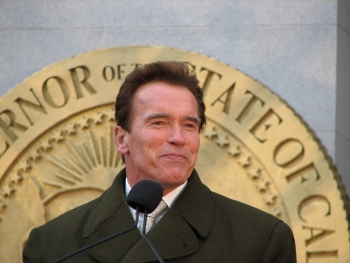 Who is Arnold Schwarzenegger: Biography, Profile of Actor and Political Careers Who is Arnold Schwarzenegger: Biography, Profile of Actor and Political Careers Arnold Alois Schwarzenegger is an Austrian-American actor, businessman, professional bodybuilder, and former politician who served as the 38th Governor of California from 2003 to 2011. ... |
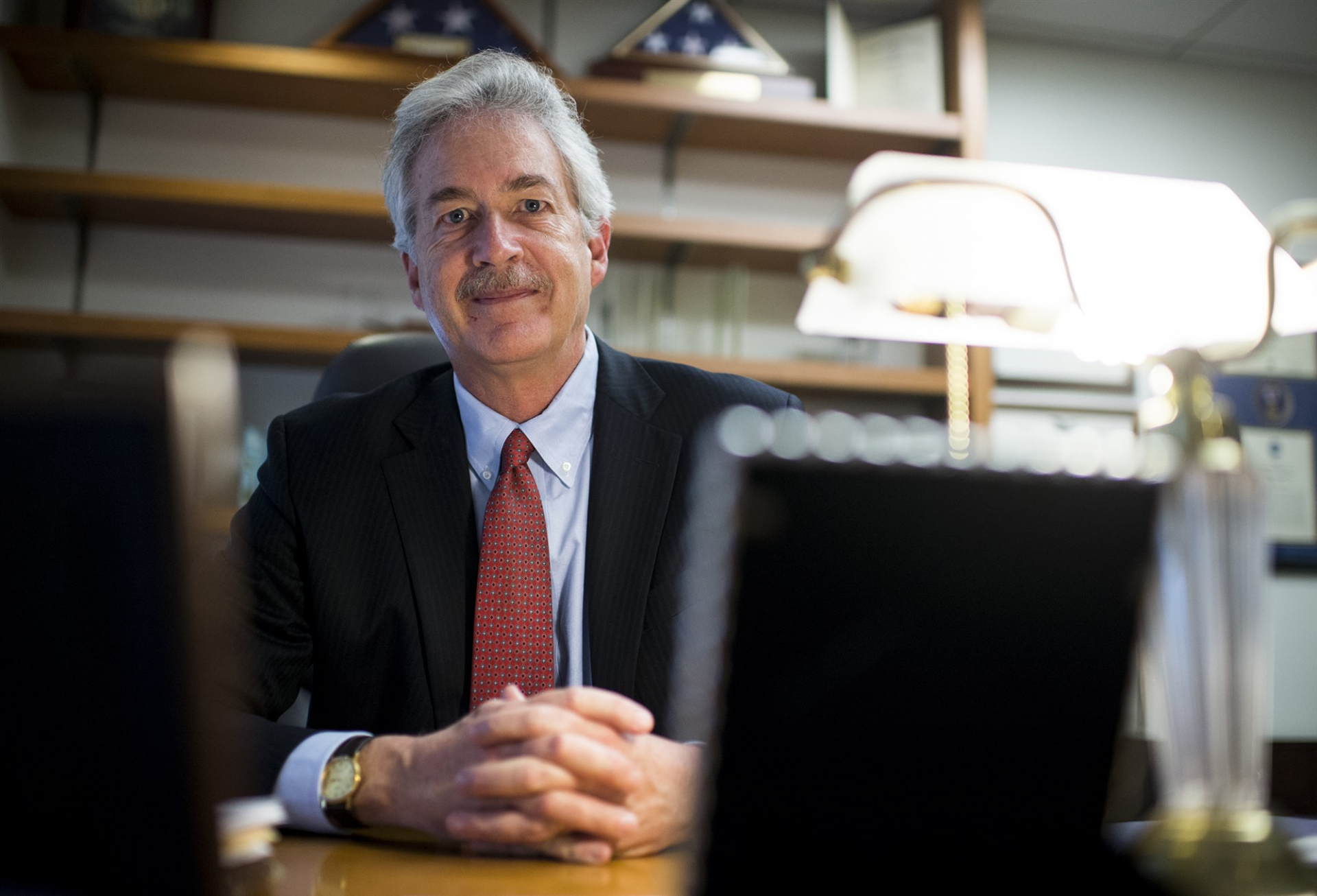 Who is CIA’s New Director William Burns? Who is CIA’s New Director William Burns? Veteran diplomat William Burns is picked by President-elected Joe Biden to lead The Central Intelligence Agency (CIA). |
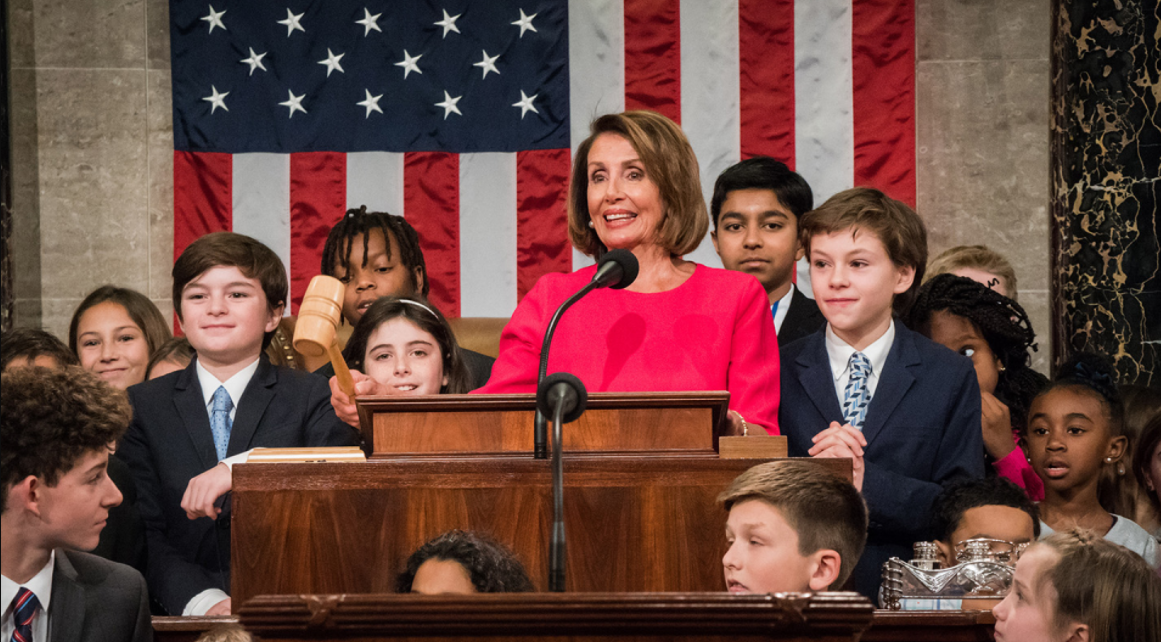 Who is Nancy Pelosi - Biography, Life, Career? Who is Nancy Pelosi - Biography, Life, Career? Nancy Pelosi is serving as Speaker of the United States House of Representatives, who has been the only woman to hold this position so far. |



